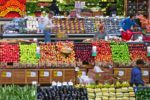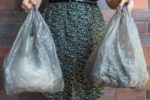Sense in Sustainability: the Changing Focus for Boards

Sustainability has become more than a trendy buzzword in business in the past few years as an increasing number of companies are putting it at the centre of their strategies. Boards are waking up to the fact that there is more to a sustainably run business than eco-friendly behaviour. They are seeing the broader picture and shifting to a business model that takes more responsibility for all stakeholders—including employees and supply chains—and focuses on efficient, cost-effective operational strategies that can help boost the bottom line. In the UN Global Compact–Accenture Strategy CEO Study carried out last year, 87% of global chief executives …













